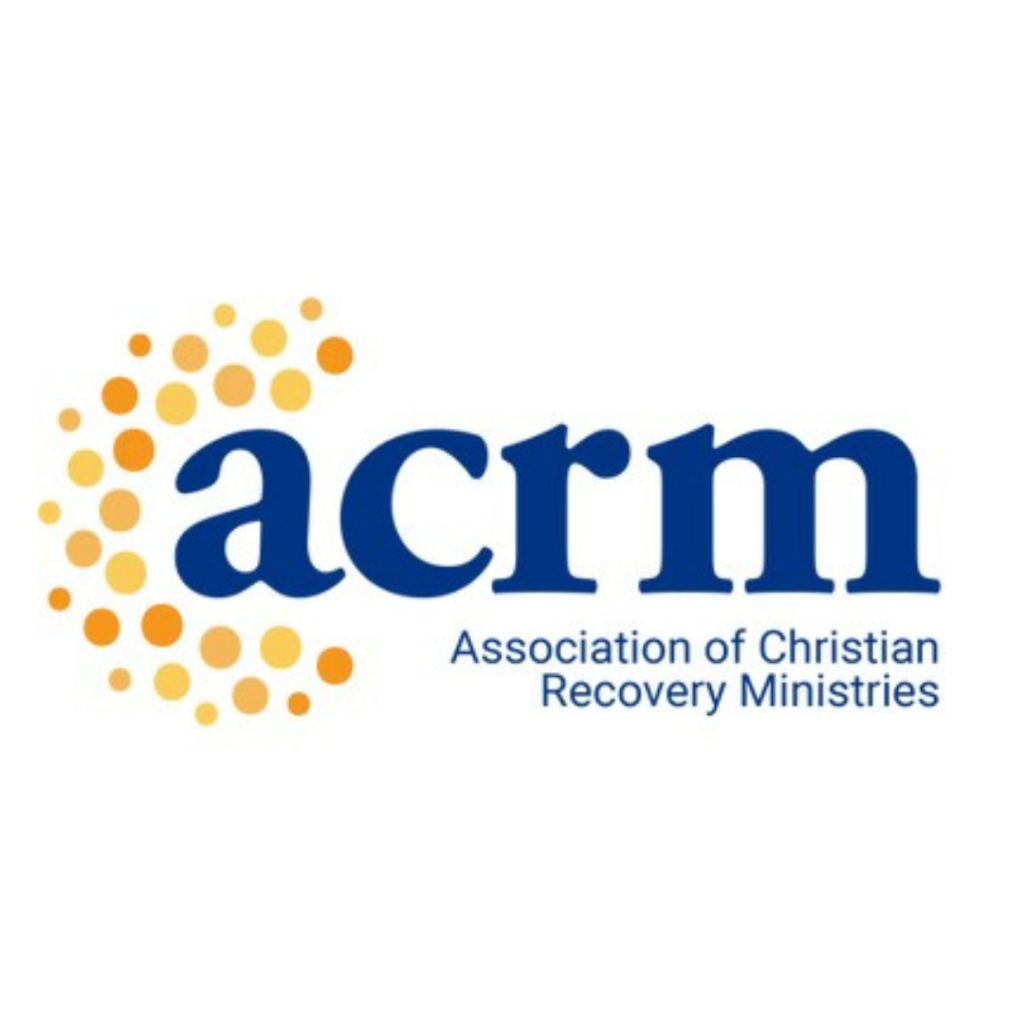The Centers for Disease Control and Prevention (CDC) continue to release data on rates of drug overdose deaths in the United States. In their latest update, it was revealed that nearly 100,000 Americans died of a drug overdose deaths in the 12-month period ending in April 2021. This record-breaking figure highlights an urgent need for action.
Of the 100,000 Americans who died of a drug overdose in that 12-month period, the CDC estimates that 75 percent of these overdose deaths involved opioids. The agency rightly points to the spread of illicit forms of opioids – such as heroin and fentanyl – as the catalyst for this latest spike. On the other hand, government data shows that many, if not all, individuals with an opioid use disorder start by misusing prescription opioid pills. One study showed that 75 percent of heroin users initiated opioid use with prescription pills.
This information is hardly surprising. In the United States, we prescribe and consume a lot of opioid pills. Opioids continue to be the standard of care for patients suffering from acute or chronic pain. The CDC reports that more than 140 million opioid prescriptions were dispensed in 2020. In the United States, we consume over 80 percent of the global supply of opioid pills – this includes over 99 percent of the global supply of hydrocodone.
As a result, more than 3 million Americans go on to long-term opioid use following an acute pain incident.
One reason why opioids continue to be so commonly used to treat pain in the United States is because our healthcare system inadvertently incentivizes their use. Opioids are cheap. They are also well-covered by health insurance plans across the country. Non-opioid based pain therapies, on the other hand, are not treated the same by health insurance companies. As a result, they are frequently out-of-reach for patients and providers – even those that would prefer non-opioid pain approaches.
Fortunately, this is a problem that we can solve. There are evidence-based, FDA approved non-opioid therapies and devices that can help these patients. Increasing access to these approaches is critical. Doing so can minimize unnecessary exposure to opioids and prevent individuals from developing an opioid use disorder.
To increase access to these non-opioid pain approaches, however, will require system change. It will require policy change to ensure that the proper incentives are in place so that patients and providers can access non-opioid therapies. The Non-Opioids Prevent Addiction in the Nation (NOPAIN) Act is a piece of federal legislation currently pending before Congress. The legislation would make these changes to reimbursement policy and make non-opioid pain treatment therapies widely available to acute pain patients in the United States. In doing so, the legislation provides an opportunity to prevent opioid addiction before it starts. In the process, it can save lives.
We need your help to get this legislation over the finish line. Members of Congress need to hear from you about why this legislation is so important and I am hopeful that you will click here to let them know that you want to see this legislation enacted into law.
As you can see, together, we can make real change. In the process we can save lives. Please join us in telling Congress that the time is now to pass the NOPAIN Act.







